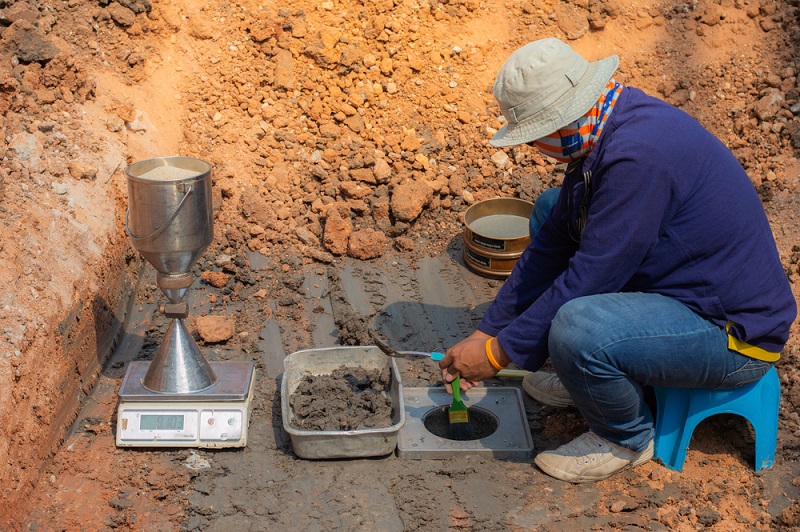Exploring The Benefits Of Construction Material Testing For Builders
The construction industry is a vast field that involves an array of materials, from concrete and steel to bricks and wood. With the variety of materials used, it becomes crucial to ensure the quality and safety of these elements. This is where Construction Material Testing (CMT) comes into play. CMT plays a significant role in ensuring that the materials used in construction are of the highest quality, safe, and meet the necessary building standards. This article aims to delve into the importance of material testing in construction, the various testing methods, and the role of quality assurance in the construction industry.
Construction Material Testing is a critical component in the building process, one that should never be overlooked. It's the backbone that ensures the safety, durability, and longevity of any construction project. Without rigorous testing of materials, the integrity of our buildings, roads, and bridges could be compromised, potentially leading to disastrous consequences.
1. Understanding Construction Material Testing
Construction Material Testing (CMT) is a process that measures the physical properties of construction materials to ensure they meet project specifications and building codes. It involves a series of tests conducted on various materials like soil, concrete, asphalt, steel, etc., to evaluate their performance under different conditions. These tests are crucial as they help determine whether these materials are suitable for the construction project at hand.
Whether it's a towering skyscraper or a humble home, Construction Material Testing is the unsung hero, working behind the scenes to guarantee that our structures stand strong against the test of time. So, when embarking on your next construction project, remember, it's not just about choosing the right materials, but also ensuring they're rigorously tested and up to the task. After all, the value of a safe, lasting structure is priceless.
2. The Importance of Material Testing in Construction
Material testing in construction holds immense significance for several reasons. Firstly, it ensures that the materials used are safe and of high quality, thereby reducing the risk of structural failures. Secondly, it helps in maintaining the longevity of the structures by preventing the usage of substandard materials. Lastly, it promotes cost-effectiveness as using quality materials can save money in the long run by reducing repair and replacement costs.
3. Different Types of Testing Methods in Construction
There are several testing methods in construction, each designed to analyze a specific property of the construction material. Some of the common tests include compressive strength tests (for concrete), tensile strength tests (for steel), absorption tests (for bricks), and compaction tests (for soil). These tests help in determining the durability, strength, and resistance of the materials to various forces and conditions.
4. Role of Quality Assurance in Construction
Quality assurance in construction plays a pivotal role in ensuring the overall success of a construction project. It involves a set of planned and systematic actions necessary to provide confidence that a product or service will satisfy given requirements for quality. Quality assurance in construction helps in minimizing defects, reducing risks, and ensuring that the project is completed on time and within budget.
5. Building Material Testing Standards
Building material testing standards are guidelines set by professional organizations such as the American Society for Testing and Materials (ASTM) and the International Organization for Standardization (ISO). These standards dictate the procedures for testing construction materials to ensure they meet the acceptable levels of performance and safety.
Conclusion
In conclusion, Construction Material Testing is an integral aspect of the construction industry. It ensures the quality, safety, and longevity of the structures while promoting cost-effectiveness. Adherence to building material testing standards is necessary to maintain the integrity of the construction project. As advancements continue in the construction industry, the importance of material testing will continue to grow, making it an indispensable part of the construction process.





0 comments
Note: only a member of this blog may post a comment.